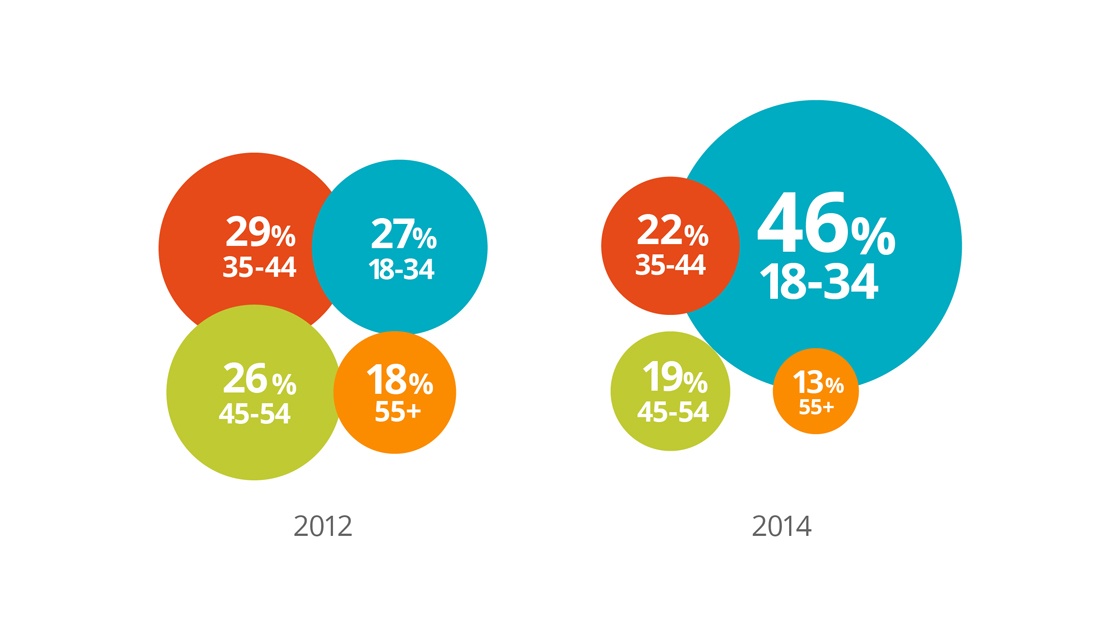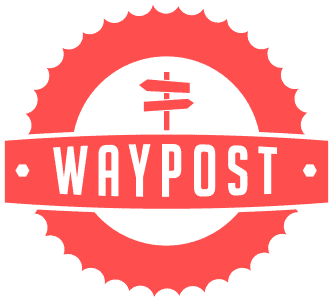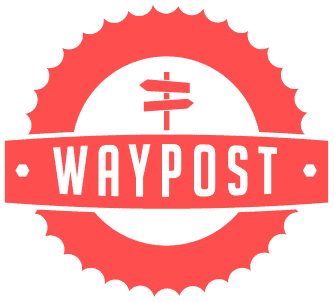
Why Do We Use HubSpot for Marketing Automation? And Why Are You Paying for It?
May 31, 2016
Marketing With No Results … Why Would That Happen to You?
June 9, 2016
If you’re leading a B2B company or its marketing division, it’s probably clear to you now that some online marketing channels and tools are simply not well suited for your industry. And that might cause the temptation to discard all online marketing possibilities and settle with the thought that your B2B business doesn’t need digital marketing.
But don’t rush into this conclusion.
Digital marketing for B2B companies is just as effective as the B2C activities. However, instead of catering to the interests and needs of individual users, you aim for corporate cultures, business processes, and teams that comprise your B2B client. Big difference, we know!
But just because those two directions are different doesn’t mean they can’t utilize the same resources. At least the fact (uncovered by a recent Google study) that “89% of B2B researchers use the Internet during the B2B research process” should give you a good-enough reason to consider marketing your services digitally.
What Does “Online” Mean for B2B Companies?
If you think your B2B clients are not on social media, it doesn’t mean they are not online. It only means they’re not updating their Instagram accounts with food photography, but they are still checking their email, using Google, reading and learning online.
In inbound marketing, these activities translate to “they are searching for you.” A full inbound marketing strategy (for B2B) dips into all aspects of online media, including social media (especially LinkedIn), content (articles, ebooks, reports, checklists, reviews, testimonials), and email marketing (we all use email for business communication, don’t we?).
All these places are chances for you to communicate with them and let them learn about your service.
The Persona Standing Close to Your B2B Client—Grab them!
Most B2B companies target high-ranking professionals because they hold the decision-making power within the company. But this doesn’t mean your digital marketing should target them as well.
While they give the final “Go!,” they are usually not the ones doing all the research. And as these people don’t live and work in isolation, a word-of-mouth strategy is more efficient than an advertising campaign. We all trust our friends and colleagues more than a random ad, and reaching out to the employees standing by the high-ranking professional you want to get into a conference room is a smarter and subtler tactic.
Researchers Make the Initial Purchasing Decision
The high-ranking and decision-making professionals you have in mind almost never do their own research. The face of B2B research has changed in the past few years, mainly because of the increasing number of millennials taking over the researcher positions.
In fact, the purchases in the B2B sector always require more research and consideration than in cases of B2C businesses. Many times research is the most popular starting point for a purchase.

Image Credit: Google
As the teams at B2B companies become younger and more tech-savvy, you gain more access into their company. These employees start their search on LinkedIn, Google, and directories, compiling the options and presenting them to the top level administration.
As an aftermath, the final decision is always made based on initial research that has been compiled by a Millennial. So, one of the ways of ending up on the desk of your future client is to first appear on the screen of his assistant.
Knowing Your Buyer Persona’s Search Habits
A final detail to consider for a B2B digital marketing campaign is the search habits of your buyer persona (the decision-maker, researcher).
We all search online, but we all do it differently. Search doesn’t happen only on search engines. Sure, some of us don’t know where to start so we head over to the good old Google, but many others start their search in directories, social media, or even their address book (contacts!).
Knowing where and how your B2B targets search and find information will make your marketing channels work more efficiently and waste fewer resources.
So, the exciting truth is that your B2B clients ARE online and they ARE searching for your service. Optimizing the right channels to pave their way to your content and eventually your brand is entirely up to you.









